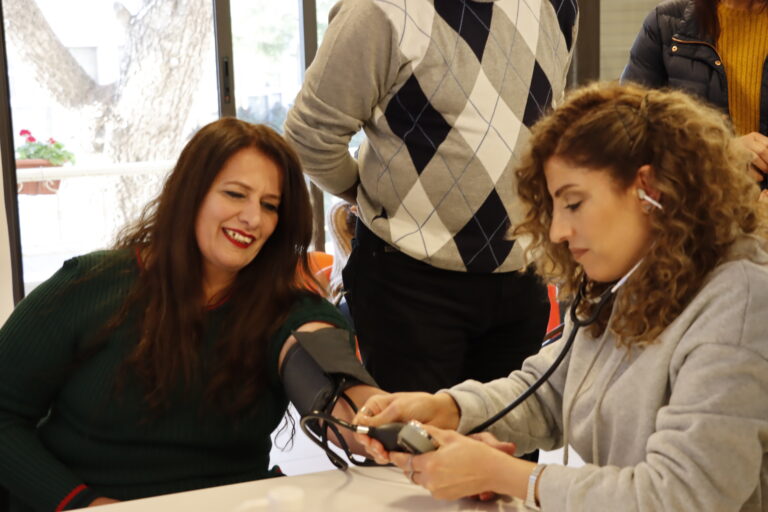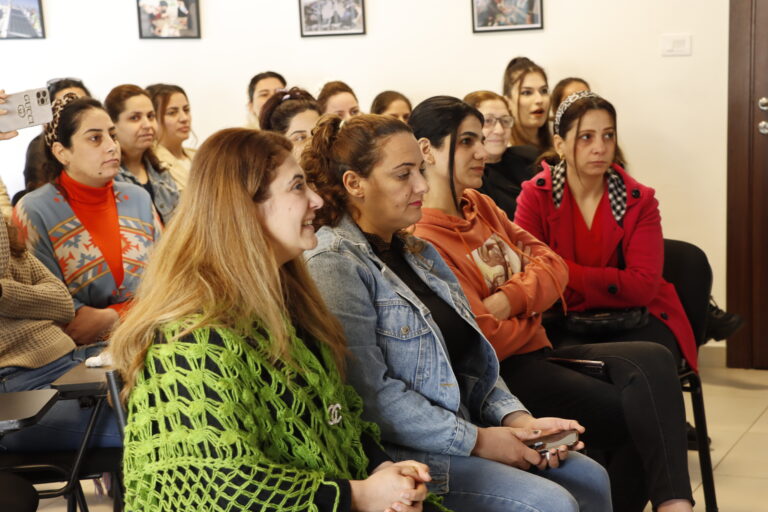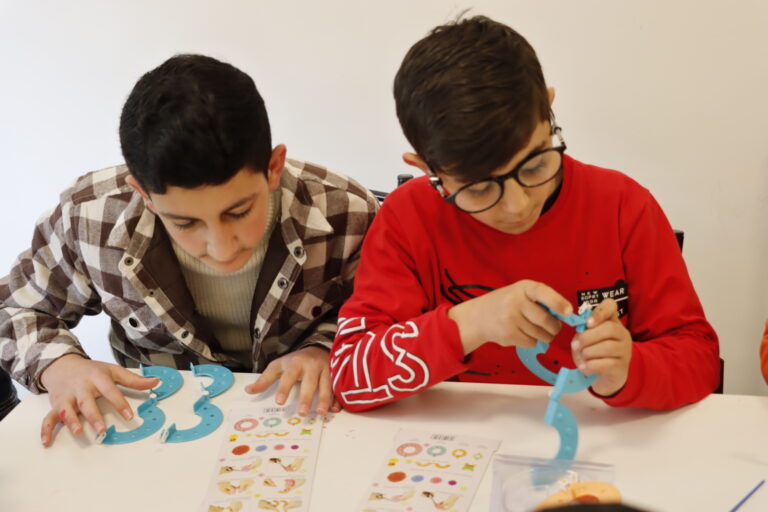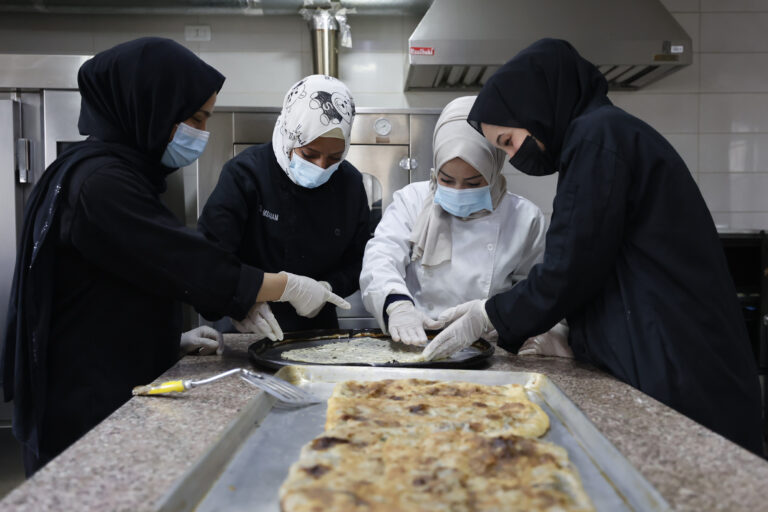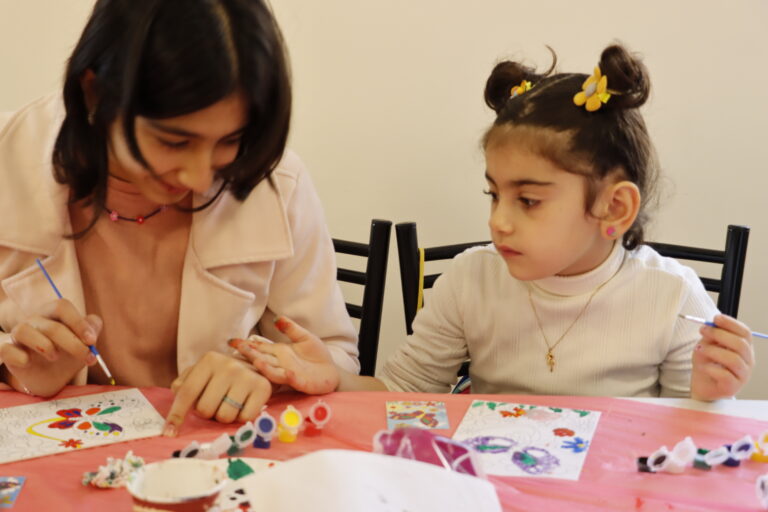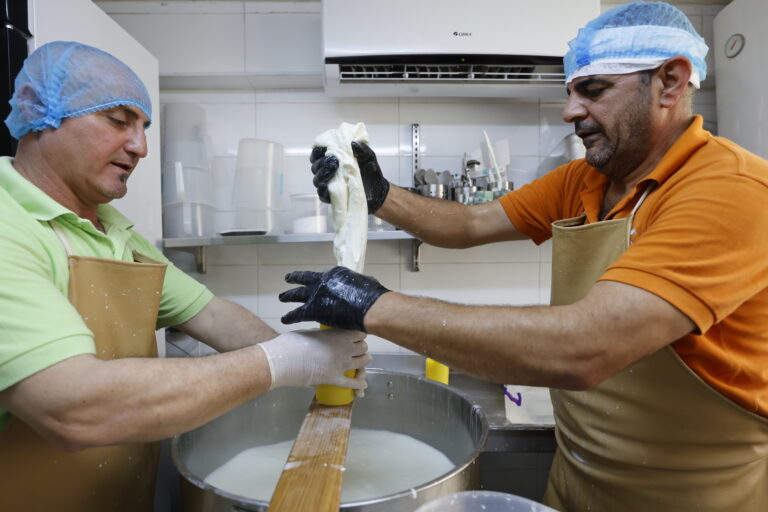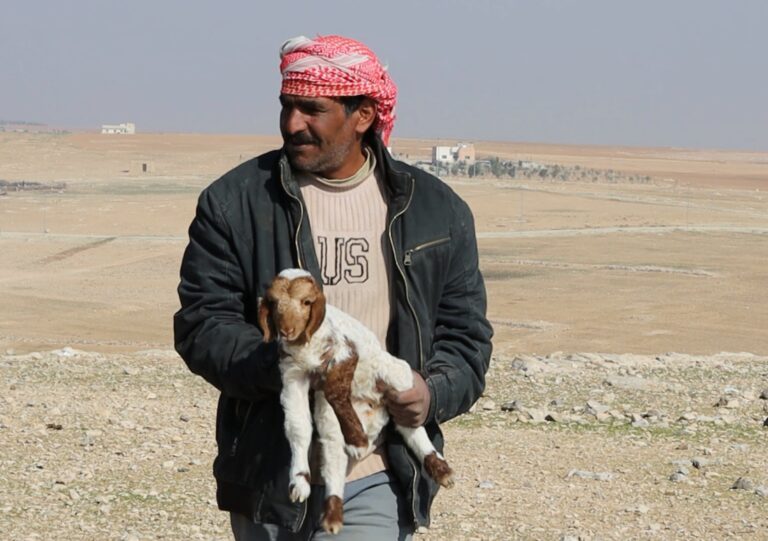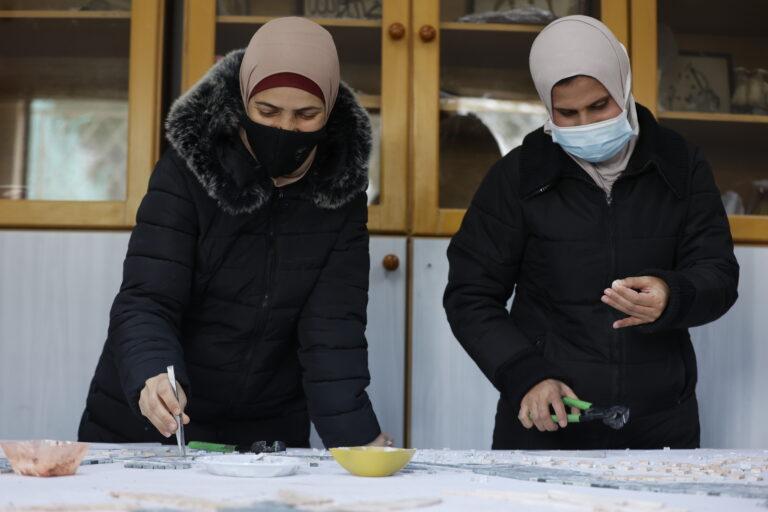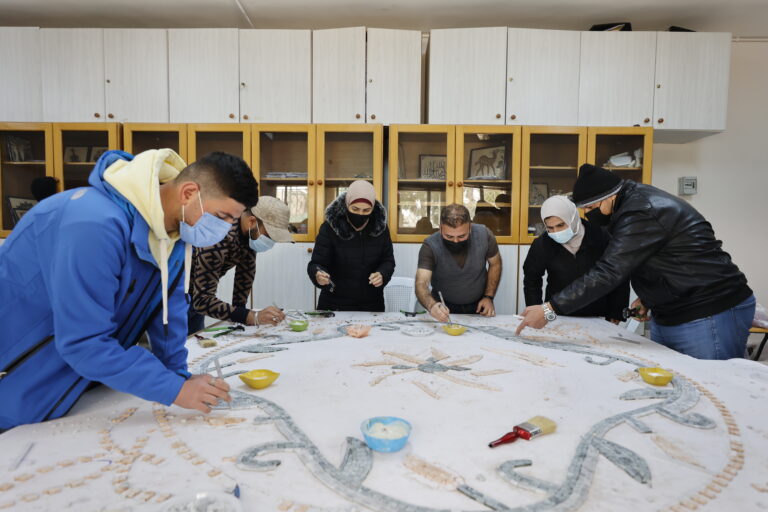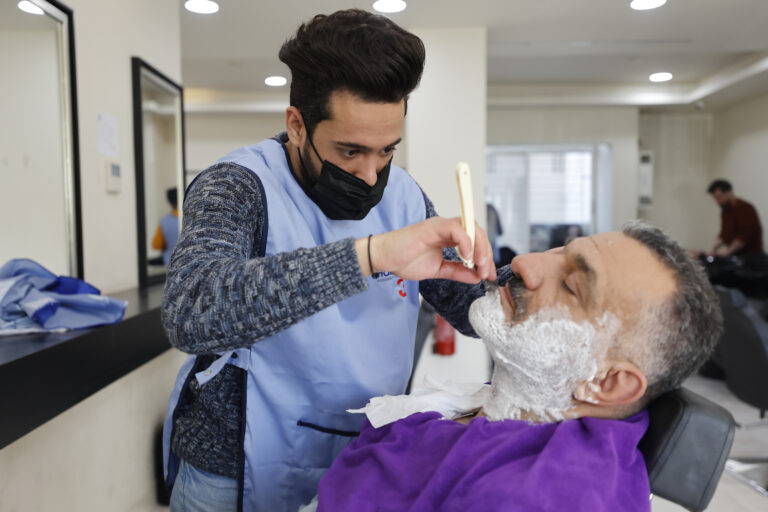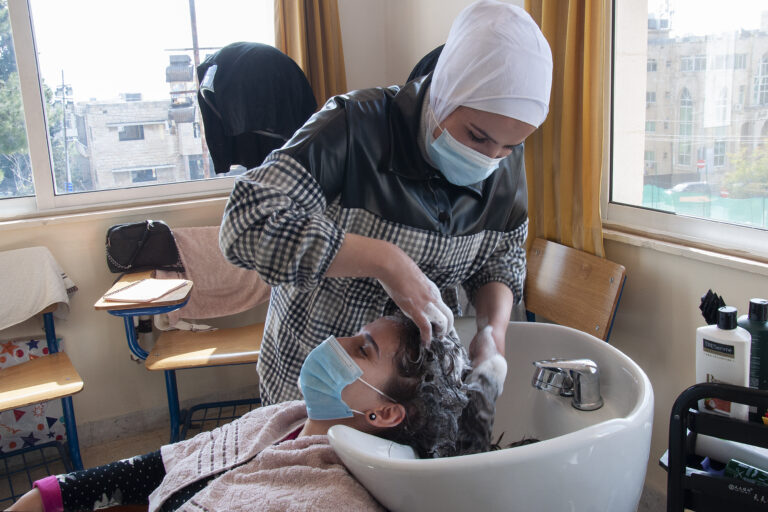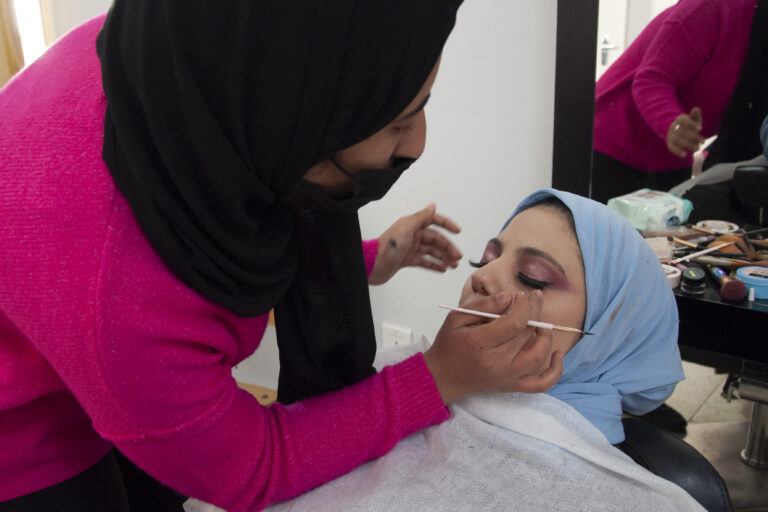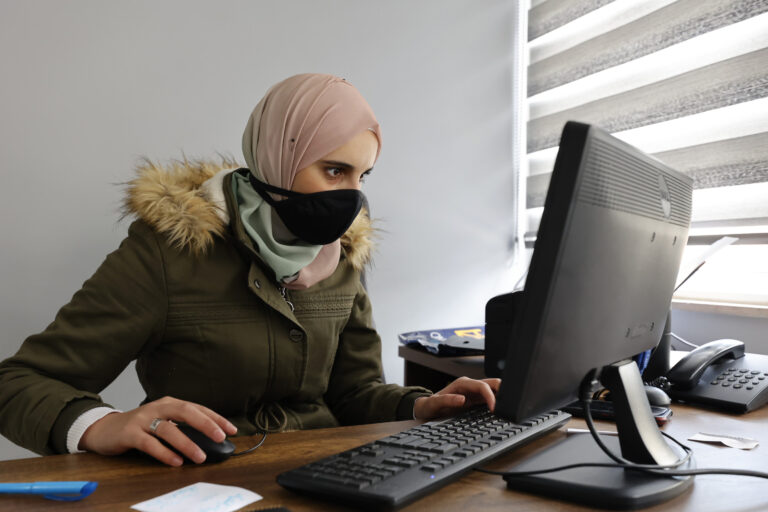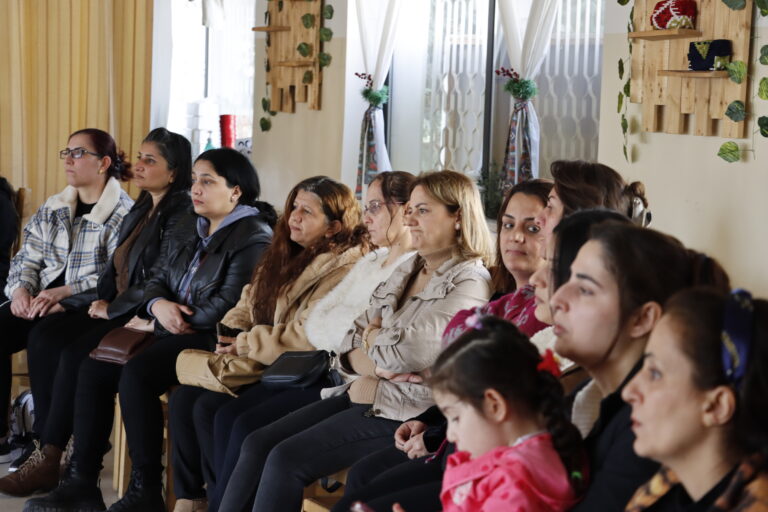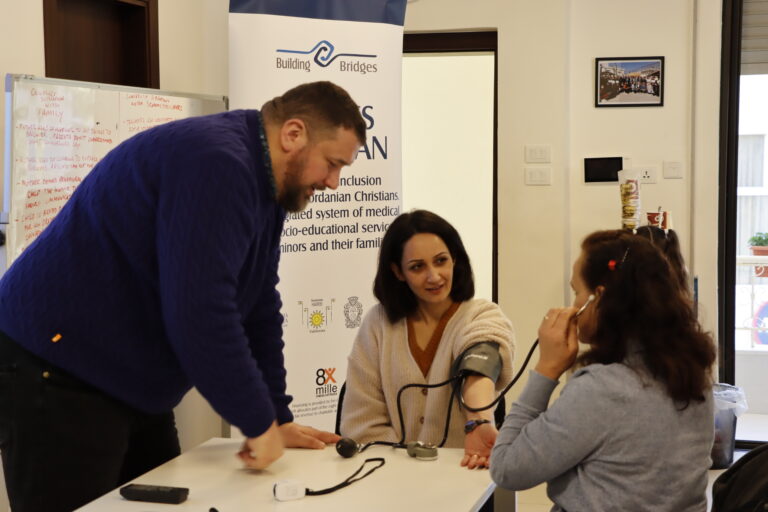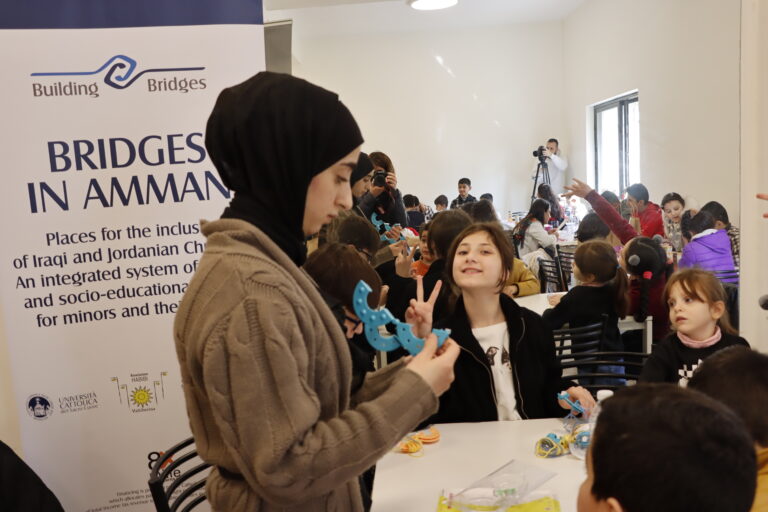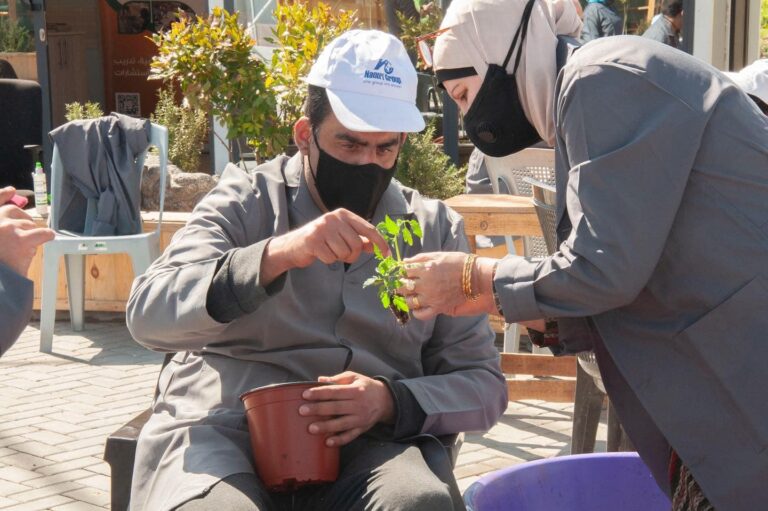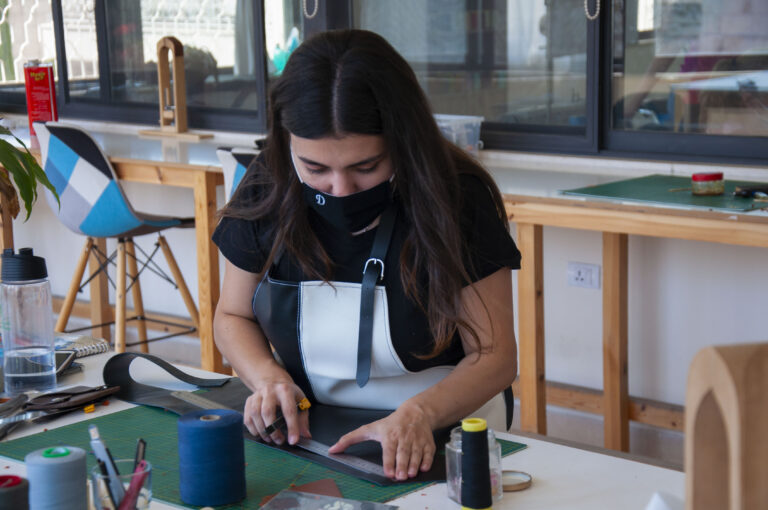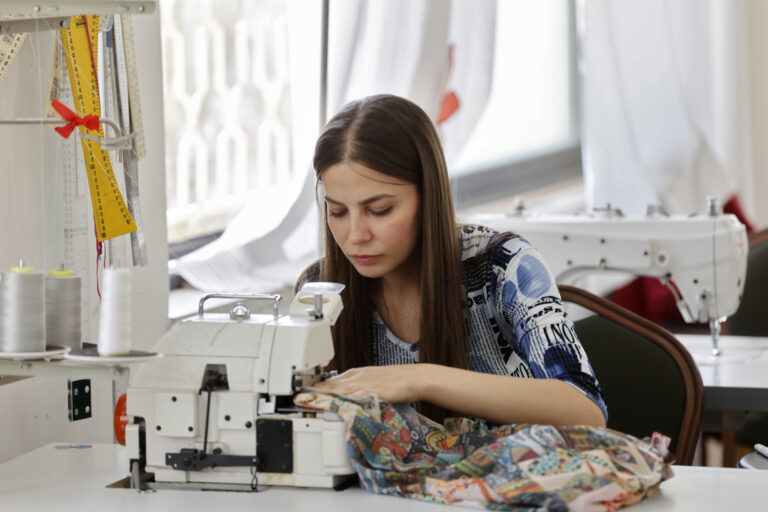Login
Signup
Our work
- Home - What we do -
- Our Work
Habibi stands by the most disadvantaged populations, supporting them to achieve decent livelihoods and promoting human rights for sustainable development.
We offer people who are disadvantaged and do not have access to the labor market the opportunity to train professionally, put into practice what they have learned, and develop a professionalism that gives them autonomy and dignity, both in Jordan and, in the case of refugees, in their future moves.
Our intent is to help create resilient communities that have the means at their disposal to impact their own futures and see their essential rights recognized.
We work in two main areas of focus:
- – socio – economic, to foster job opportunities and an income to build a more dignified future for those who are deprived of it;
- – socio – health, to facilitate the access of the most vulnerable segments of the population to basic, educational and health services, thus promoting the health and integration of the population.
In addition, in 2021, following the aftermath of the Covid pandemic, Habibi mobilized with emergency initiatives to provide medicines and basic necessities to the poorest Iraqi refugees, the Bethlehem children of Hogar Ninos Dios, and the Lebanese population.

We work by taking charge of our beneficiaries with an integral approach, looking at the needs of the individual person as well as their family and the community around them. Our beneficiaries are the most vulnerable among the Jordanian population(disabled, women, minors) and refugees, especially Iraqi refugees who are experiencing a particularly difficult situation. They are considered as asylum seekers and thus only in transit through Jordanian territory, awaiting visas from other countries where they have applied, especially Canada and Australia, where numerous Iraqi communities have formed since the Second Gulf War, and continued with ISIS’s dramatic persecution of Iraqi Christians. Asylum seekers are not granted work permits or access to the state health and education system. This “transit” can take years, normally 2 to 5. These are therefore extremely vulnerable people within an already fragile category. Habibi, offers them professionalizing courses and internships that enable them to receive an incentive that is often the only source of income to support the entire household. We have specific projects for women and children to whom we also offer meeting spaces and opportunities to create solidarity networks.
